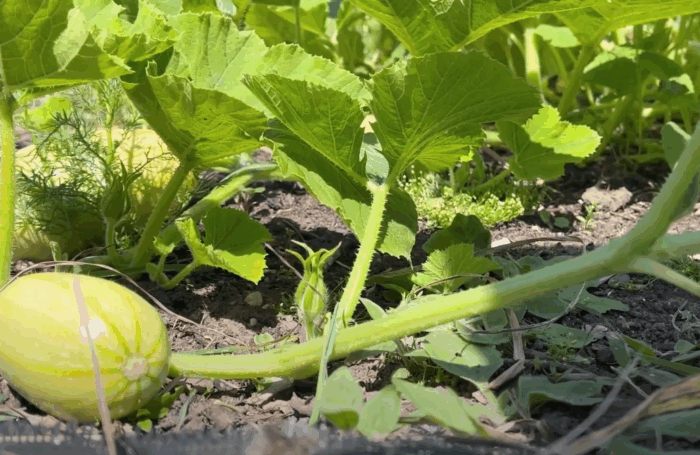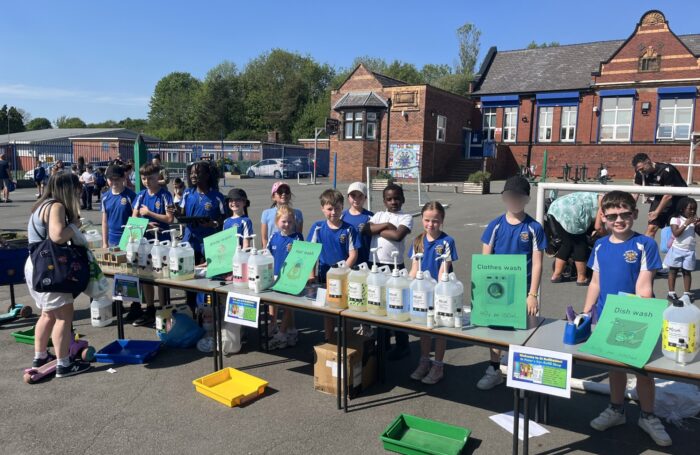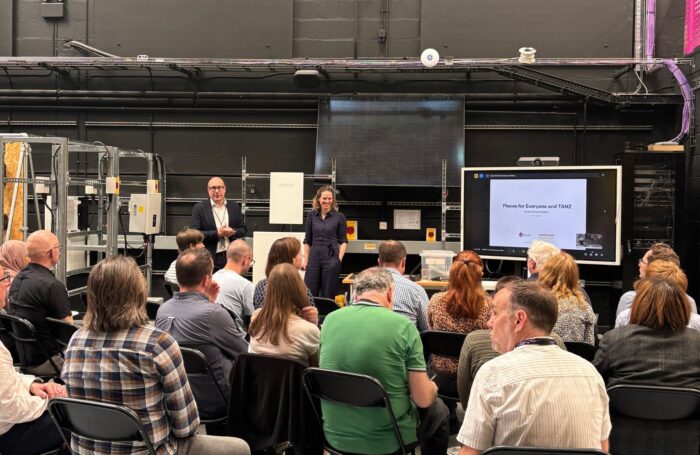Helping you make the right choices
It’s hard to work out exactly how many sets of plastic or disposable cutlery are used every day, but we estimate it to be over 100,000 in Greater Manchester alone! Food on the go is now a standard part of city life. But even if you eat in at some food and drink establishments you can find yourself with a single-use fork and knife in your hands.
Get ready for the new legislation
From 1st October 2023, new laws come into force in England. This means you must not supply single-use plastic cutlery to the public. There are no exemptions to this ban. So, it’s essential for food and drink businesses to shift to more sustainable choices.
Our advice is to follow the principles of the waste hierarchy.
Recyclable versus recycled
It can sometimes be tricky to navigate the world of products claiming to be ‘green, compostable, recyclable and plastic-free’. New products are entering the market all the time, and lots of these are just not as green or sustainable as they claim to be.
The fact that a product has the word recyclable or compostable stamped on it doesn’t mean that it is easily or widely recycled or that it will get composted. The recycling and composting world is complicated. It’s limited by the current infrastructure, lack of end markets and by the incredibly complex and different types of plastics and bio-plastics there are.
And what about compostable?
There are a lot of compostable products on the market, however most require specialist composting services that are not widely available. So, whilst it may seem more sustainable to buy in 100% compostable products, most of these items don’t get recycled or composted and can have a higher carbon footprint than plastic ones.
Always reduce first and go with reusable options where possible.
Sustainability rating: Red, amber, green
Green: A great sustainable choice. Good work.
Amber: Doing well but room for improvement. Move towards a green choice.
Red: Not a good choice for the planet. Move to an amber choice. Or even better a green choice.
| Your choice | Our rating | Things to consider |
| We have replaced disposable cutlery with reusable items that we wash and reuse again and again. | Green | Great job! Switching from any kind of disposable to a reusable option is generally always more sustainable. It’ll also save your business money on your waste and recycling bill. |
| We encourage customers to bring their own reusable cutlery, and we offer a discount to those who do. | Green | It’s still unusual for customers to bring their own reusable take-away food containers, cutlery and even drinking straws, but it’s becoming less so. Food businesses should actively encourage customers to bring their own reusable versions, and reward customers who do with a discount. |
| We stock wooden disposable cutlery, and it is FSC or PEFC certified. If you use these products, make sure you keep them behind the counter and only give to customers who ask. | Amber | These products tend to have a lower carbon footprint than many of the alternatives. However, if you are swapping to wooden cutlery you need to consider how it will be disposed of as it is unlikely that these will be recycled and will end up in the general waste bin. This really highlights the fact that we should reduce first before turning to another disposable substitute which could have unintended consequences of forest clearance or creating ocean microplastics. |
| We use paper based disposable cutlery that is FSC or PEFC certified. (May state it is compostable). If you use these products, make sure you keep them behind the counter and only give to customers who ask. | Amber | A relatively new product usually made from laminate paper that tend to have a lower carbon footprint than many of the alternatives. Again, if you are swapping to this product, it is unlikely that these will be recycled or composted and will end up in the general waste bin. Always check with your waste contractor what can go in your recycling and compost service as many still can’t take this type of material. In Greater Manchester, compostable packaging cannot be put in residents’ food and garden bins at home. |
| We stock disposable plastic cutlery that says it is 100% compostable or biodegradable, usually made from PLA, a plant-based bioplastic. | Red | Switch now and use up existing stock before 1st October 2023. These items are included in the forthcoming ban on single-use plastics in England. The ban on plastic cutlery includes all types of single-use plastic, including biodegradable, compostable and recycled. |
| We stock single-use plastic cutlery or single-use cutlery made from recycled plastic. | Red | Switch now and use up existing stock before 1st October 2023. These items are included in the forthcoming ban on single-use plastics in England. The ban on plastic cutlery includes all types of single-use plastic, including biodegradable, compostable and recycled plastic. |
When and how to offer to customers
When it comes to cutlery and other disposables you need to consider how you can reduce the amount of disposable cutlery you are using every day.
Unsustainable behaviour: We give out disposable cutlery with every meal as a matter of course.
Sustainable behaviour: We ask the customer if they need cutlery rather than if they want cutlery. You could even train staff to ask something like, “do you need disposable cutlery with your food, or are you headed back to the office where there might be some reusable cutlery?”.
Unsustainable behaviour: We keep our disposable cutlery on the front of the service counter so customers can help themselves.
Sustainable behaviour: We keep our disposable cutlery behind the service counter, so that customers must ask for cutlery if they need it. This prevents customers from picking up disposable cutlery out of habit, when they don’t really need it.
Tell people you have made a change
If you decide to switch to some of the more sustainable behaviours above, put up a sign or tweet about it. Tell your customers what change you have made and why. This will let your customers know that you are making a positive shift to help the environment in Greater Manchester. Remember to include #PlasticFreeGM and @GMGreenCity in your tweets so we can retweet you.



